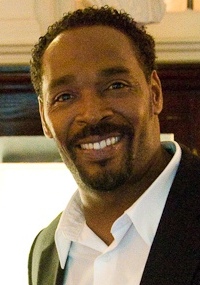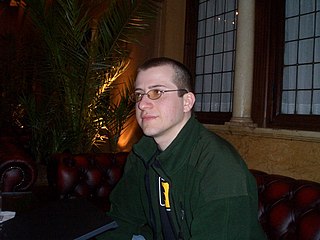A Quote by Julius Malema
Related Quotes
Iran has a young population, and the desire to get out from under conservative religious social restrictions and to be able to speak their mind without fear of arrest is palpable. But nearly seven years after authorities crushed massive street protests, reformers are still threatened with arrest and expectations for change are extremely low.
What has happened to protesters in the past was that, basically, the government in 2012 put an end to a series of mass protests by changing laws, by making it possible to arrest anybody for protests, and by making basically a show of imprisoning not just protest leaders, and not specifically protest leaders, but activists, rank-and-file protest participants. That gets across the idea that anybody who joins a protest without being an organizer, without being a visible leader, risks arrest, and not risks just arrest, but years in a Russian jail.
Shortly before my arrest, my girlfriend at the time, who's now my wife of ten years, told me she was quitting drugs and going to church. I went with her once but that was it. After the arrest, I didn't know what I was going to do. She told me to trust in God but I mean, I was looking at ten years and was like, "God? I'm not dying, I need a lawyer. I need bail."
At what point, then, should one resist? When one's belt is taken away? When one is ordered to face into a corner? When one crosses the threshold of one's home? An arrest consists of a series of incidental irrelevancies, of a multitude of things that do not matter, and there seems no point in arguing about one of them individually...and yet all these incidental irrelevancies taken together implacably constitute the arrest.
































